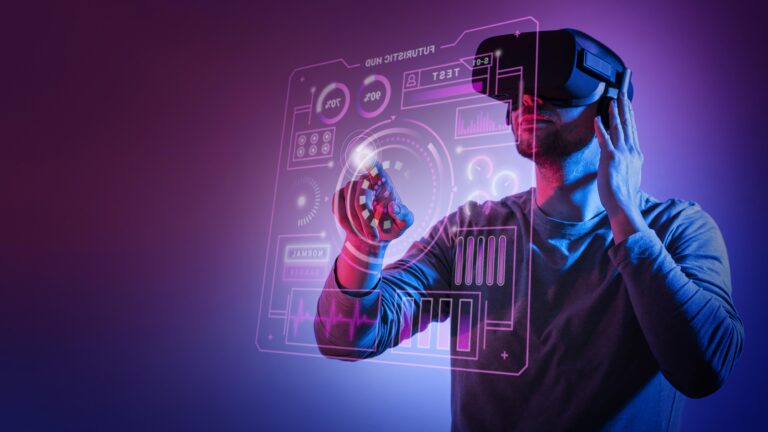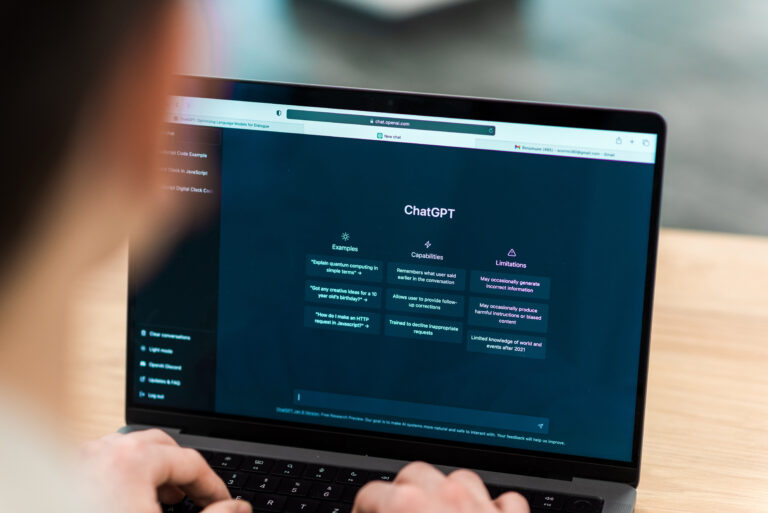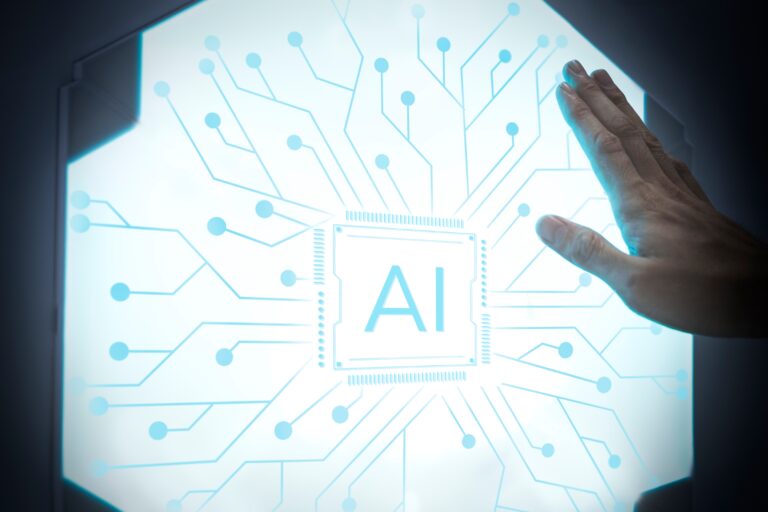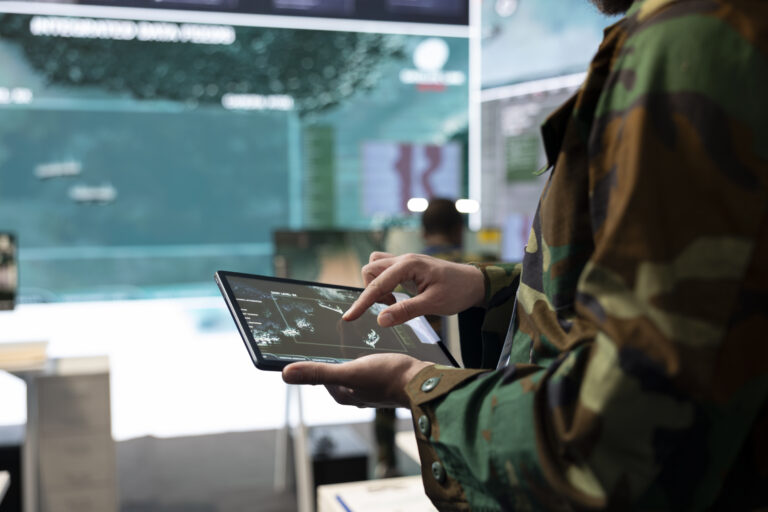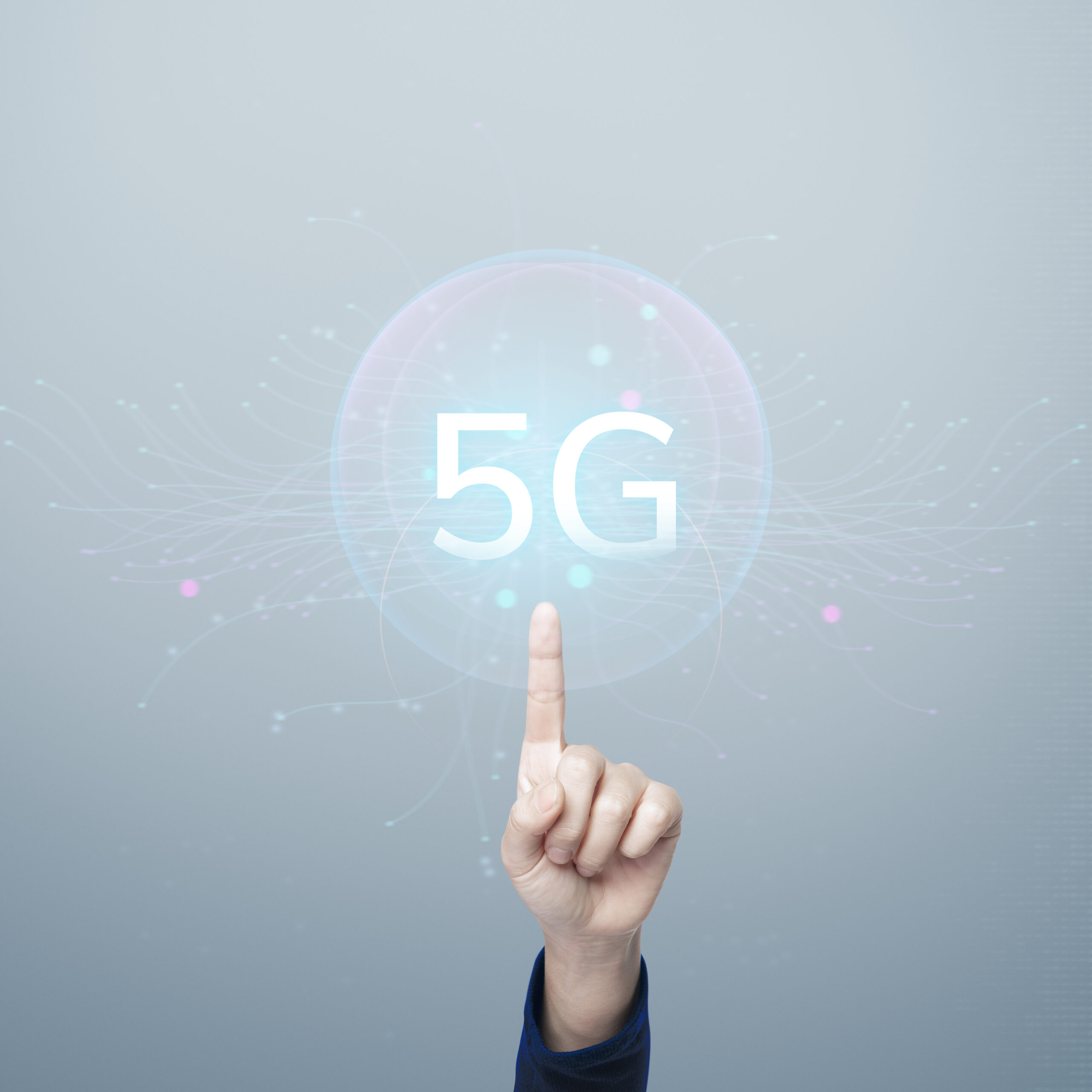
5G hologram global network technology
Introduction
We are living through one of the most important technological shifts of our lifetime. Arriving a decade after 4G, 5G is not just a faster version of the mobile networks we already know; it represents a complete redefinition of how we connect, communicate, and thereby create value. Offering connection speeds up to 100 times faster than 4G and with very low latency, 5G will change not only your phone but whole industries.
From autonomous vehicles and telemedicine to virtual reality and smart cities, the impact of this technology goes far beyond personal uses. The true promise of 5G lies in how it will eventually merge the physical and digital worlds into one seamless, responsive network. In this article, we explore how 5G is reshaping innovation, empowering startups, and transforming industries, while even redefining what connectivity means for society.
A New Era of Connectivity
5G represents the fifth generation of mobile internet. But the revolutionary thing is not about speed; the real novelty is that 5G will be able to connect millions of devices all at once while showing ultra-low latency, meaning almost no delay when data is being transferred.
That enables real-time interactions that were impossible earlier. Imagine cars that “talk” to each other to prevent accidents, surgeons performing remote operations with robotic precision, or smart factories where every machine communicates autonomously all these scenarios depend on stability and immediacy that only 5G can provide.
The Ericsson Mobility Report 2024 estimates that global 5G subscriptions will top 5 billion by 2030, the point at which the world’s digital infrastructure will reach an inflection point. The report underscores how those parts of the world adopting 5G at the fastest rates including South Korea, the US, and parts of Europe already witness growth in data driven industries, ranging from health tech to smart logistics.
The Economic and Industrial Impact
For startups and entrepreneurs, 5G represents much more than just a tool; it’s an enabler of new business models. With faster data transmission comes the ability of companies to operate in real time, offering services dependent on instant feedback and continuous connectivity.
Examples include cloud based gaming, immersive education, autonomous delivery drones, and remote industrial control. This technology could create more than $1.3 trillion in global GDP by 2030, mainly through increased productivity and the development of totally new markets, according to PwC’s 5G Economic Impact Study.
One of the most transformative sectors will be that of healthcare. Doctors will be able to conduct lag-free teleconsultations, thanks to 5G; hospitals will be able to deploy connected sensors that monitor patients remotely; ambulances will transmit live patient data to emergency rooms before arrival. These innovations have the potential to save thousands of lives by shaving precious time off response times and improving access to expertise.
Manufacturing and logistics are changing, too. Smart factories will employ analytics in real time to detect faults the very instant they occur and forestall any downtime. Supply chains will be predictive, automatically adjusting routes and inventory levels. For small startups, this levels the playing field for competing with enterprises through agility and innovation rather than scale.
Empowering Smart Cities and Sustainability
The future of the cities depends on 5G: from traffic lights adapted to congestion in real time, to energy grids balancing consumption autonomously, thanks to 5G, urban life will be more intelligent and sustainable.
Start-ups focusing on clean technology, renewable energy, and mobility develop solutions that are dependent on such connectivity. For example, pilot projects in Barcelona have shown how sensors powered by 5G reduce energy waste through optimizing street lighting and garbage collection routes.
Moreover, 5G networks consume less energy for each bit transmitted compared to previous generation networks. This means 5G will be able to help reduce the overall carbon footprint of data transmission, although infrastructure expansion in general poses sustainability challenges.
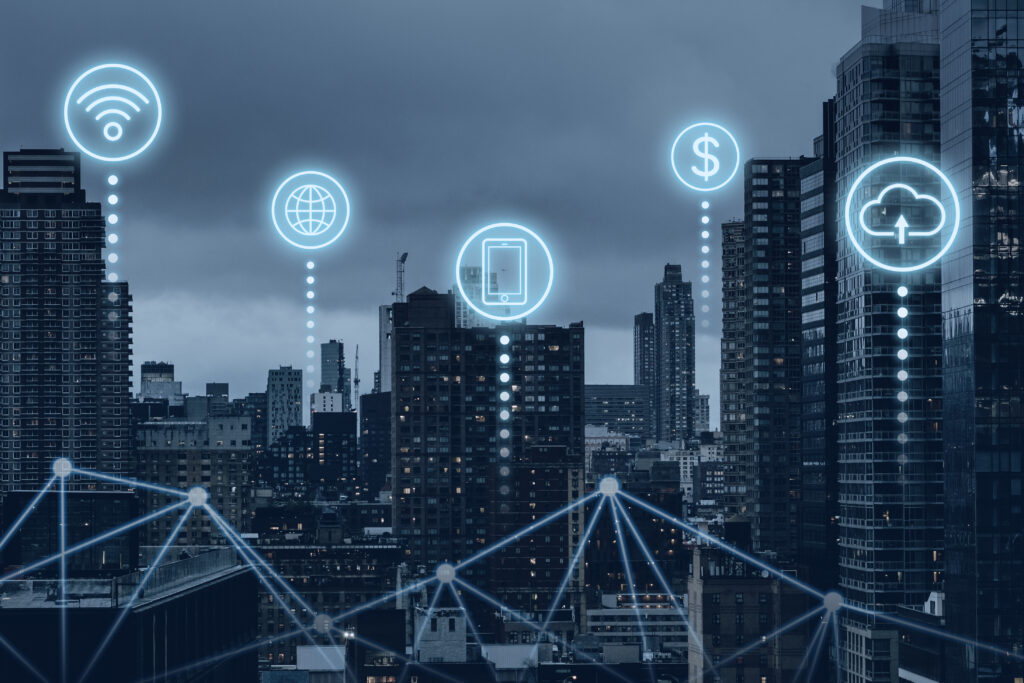
Transforming Communication and Entertainment
One of the most visible areas of change is entertainment. 5G, combined with AR and VR, will enable experiences to be almost palpable. It could be anything from a live concert, sports broadcast, or art exhibition that one might experience right in one’s living room through their smartphone or headset, much closer than ever.
Platforms like Netflix, Twitch, and YouTube will deliver 8K video instantaneously. Independent creators will stream in real time from anywhere with no quality loss. This democratizes entertainment and redefines digital culture we’ll move from consuming content to living it.
Another space that’s going to explode with 5G is gaming. Cloud gaming services, such as NVIDIA GeForce Now or Xbox Cloud Gaming, will have lag free play on mobile, making high end experiences accessible to anyone with a stable connection.
Challenges and Ethical Considerations
Yet, where there is great power, there’s always great responsibility. The sheer flow of data facilitated by 5G raises very serious questions concerning privacy, surveillance, and cybersecurity. With billions of devices connected, each one becomes a potential entry point for malicious attacks.
Governments and companies should come together to implement strict data governance and ethical AI practices. Otherwise, the same systems that bring innovation could also enable unparalleled data misuse.
Add to that the problem of digital inequality: the World Economic Forum warns that unless the deployment of 5G diffuses more widely than its concentration in rich urban areas, rural communities and developing countries could fall further behind. Equitable access has to be ensured to avoid the next digital divide.
Conclusion
5G is not only an evolution of mobile networks; it’s a revolution in the way society functions. Its disruptive potential lies in connecting everything people, machines, data, and ideas into one intelligent ecosystem. It will transform how we work, learn, heal, and create.
But to realize its promise, the technology must be deployed responsibly, with a clear vision for sustainability, inclusivity, and ethics. If 4G connected us, 5G will empower us and how we use that power will define the next era of human progress.
